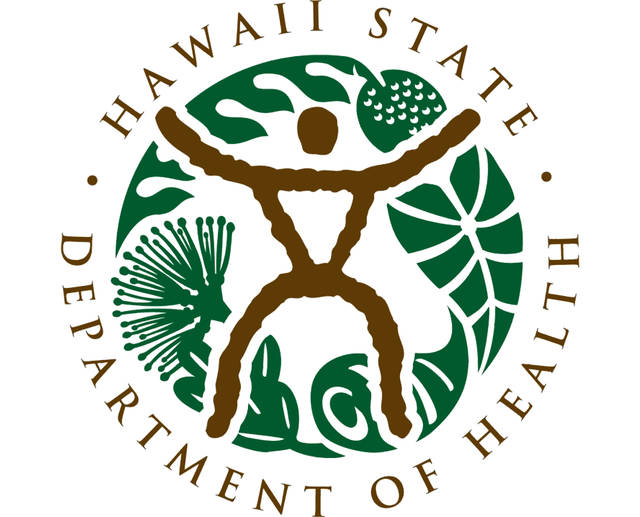Proposed changes to immunization rules draw opposition - Hawaii Tribune-Herald (subscription)

KAILUA-KONA — A public hearing Thursday on proposed changes to the state’s immunization requirements for school attendance attracted a crowd of dozens at the West Hawaii Civic Center. The handful of people who testified all did so staunchly opposing the proposed rules.
The hearing was one of several scheduled throughout the state as the Department of Health collects feedback on its proposed rules. While only a small group of people were able to speak within the allotted time for public testimony during the meeting, attendees said after the meeting that they planned to continue presenting and recording their own testimony.
ADVERTISING
Testifiers made a variety of arguments about the purported harm caused by vaccines, but many of those arguments have long been countered by public health experts and academic research.
The scientific community overwhelmingly endorses vaccination.
“The fact is vaccines save lives and protect against the spread of disease,” states a website published by the American Academy of Pediatrics. “If you decide not to immunize, you’re not only putting your child at risk to catch a disease that is dangerous or deadly but also putting others in contact with your child at risk. Getting vaccinated is much better than getting the disease.”
The state’s current immunization requirements were established in 2001, according to health officials, and the proposed changes would go into effect in 2020. The new rules keep the current vaccination requirements while adding some new ones, such as requiring vaccines against hepatitis A, streptococcus, rotavirus and influenza for children up to 2 years old.
Among those arguing that vaccinations are harmful was Dr. Jade McGaff.
“All these infectious diseases were disappearing by the time vaccines jumped in,” she said, holding a chart to the crowd. “This is (Centers for Disease Control and Prevention and National Institutes of Health) data; I didn’t make these numbers up.”
And yet, hers was an argument the World Health Organization put at the top of a list of six common misconceptions about immunization, calling statements such as it “very common in anti-vaccine literature.”
While better socioeconomic conditions — such as better nutrition, the development of antibiotics and less-crowded living conditions — all contributed to reduced transmission of diseases, WHO says the numbers “can leave little doubt of the significant direct impact vaccines have had, even in modern times.”
The permanent drop in measles, for example, coincided with the wide use of the measles vaccine starting in 1963, with other vaccine-preventable diseases showing a similar corresponding pattern.
WHO also pointed to the effect of reduced immunization levels, specifically huge jumps in incidences of pertussis in Great Britain, Sweden and Japan when vaccination rates dropped.
“It seems clear from these experiences that not only would diseases not be disappearing without vaccines,” WHO says on their site, “but if we were to stop vaccinating, they would come back.”
McGaff also suggested a connection between vaccinations for infants and sudden infant death syndrome (SIDS).
“Why don’t they ask ‘When was the last vaccine?’ whenever a SIDS baby comes in? Where’s the research?” McGaff asked. “Why don’t we know how many vaccines that baby had, how many at a time, when it dies from sudden infant death syndrome?”
WHO on the same list of misconceptions calls the alleged link between vaccines — specifically the diphtheria-tetanus-pertussis vaccine — and SIDS “one myth that won’t seem to go away.”
The belief, WHO said, appears to stem from the fact that a “moderate proportion” of children who die from SIDS recently received DTP vaccination, pointing toward a seeming connection.
But the truth is that most SIDS deaths happen during the same age range in which the shots are given, WHO said, so it would be expected that the shots would precede some SIDS deaths “simply by chance.”
A 2015 article in the International Journal of Contemporary Pediatrics also concluded there “is no increased risk of SIDS with immunization with DTP.”
ADVERTISING
Those unable to attend a public hearing can still send written testimony to the Department of Health via email at immunization@doh.hawaii.gov by 4 p.m. Wednesday (Dec. 26).
Email Cameron Miculka at cmiculka@westhawaiitoday.com.
http://bit.ly/2EKnEgT


Comments
Post a Comment